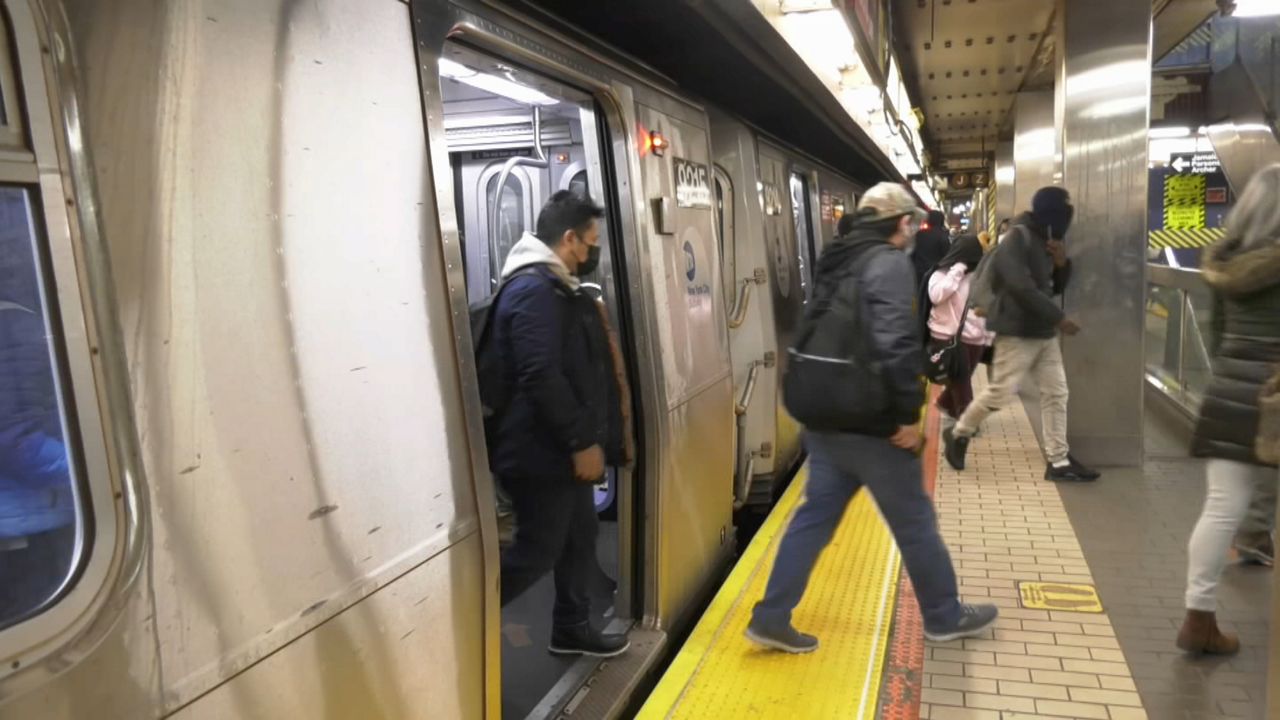Republicans in the New York state Senate on Friday called for an audit of the Metropolitan Transportation Authority's finances as lawmakers and Gov. Kathy Hochul negotiate a state budget plan that could include a payroll tax hike for the metropolitan region to help boost revenue for mass transit.
Republicans are urging state Comptroller Tom DiNapoli to review the MTA's finances and recommend potential steps that can be taken without turning to taxpayers.
“It is vitally important to ensure that there is complete transparency and openness pertaining to this issue," the letter from the Republican conference stated to DiNapoli. "Whether it is the MTA Payroll Tax or congestion pricing, enough is enough. The MTA needs to exhibit some fiscal responsibility and get its own financial house in order before asking for the taxpayers of our state to bail them out."
The push for an audit of the MTA by Republicans is a reminder of how politically potent the issue of a payroll tax be for the Legislature. In 2010, a deeply unpopular payroll tax affecting employers in the New York City area helped fuel GOP victories in the elections that year, and Republicans regained their majority in the state Senate.
The calculus, however, may be different this time around: Democrats hold supermajorities in the state Senate and Assembly, with their margins expanded by victories in upstate cities in recent election cycles.
Hochul has defended her proposal for the $800 million payroll tax, calling it necessary to aid the MTA and a relatively small amount per person. She also plans to use revenue from casino licenses for the metropolitan region to aid the MTA's finances.
But Republicans are skeptical the additional money will help solve underlying problems.
“New Yorkers should not have to pay for the fiscal mismanagement of the MTA," Senate Minority Leader Robert Ortt said. "If this issue remains unaddressed, it will result in a year after year snowball effect and continuous tax and fee increases dropped on commuters and taxpayers. Instead, the cause of this enormous budget shortfall should be dissected piece by piece to ensure transparency, openness, and proper solutions to fix the problem once and for all."


